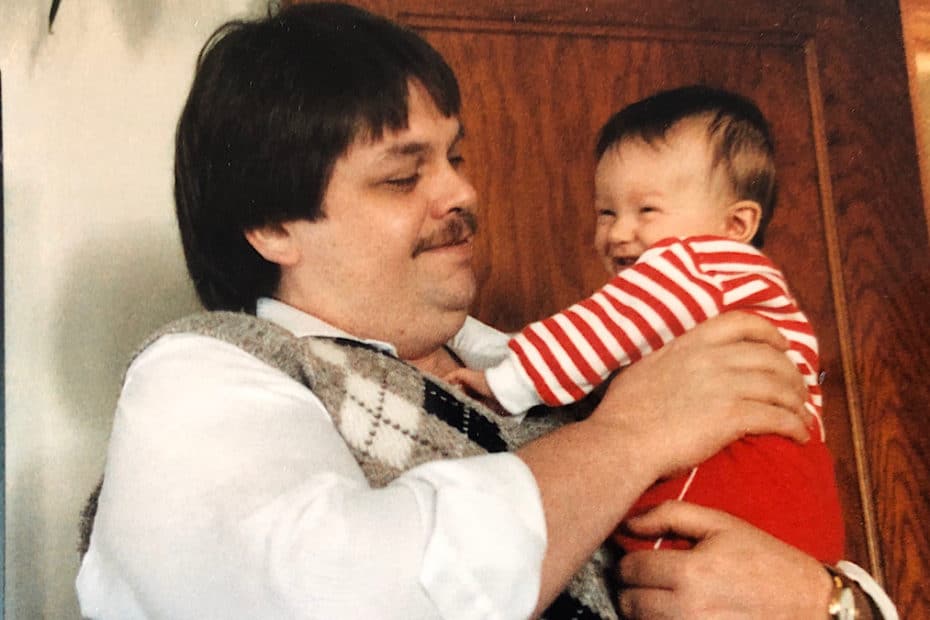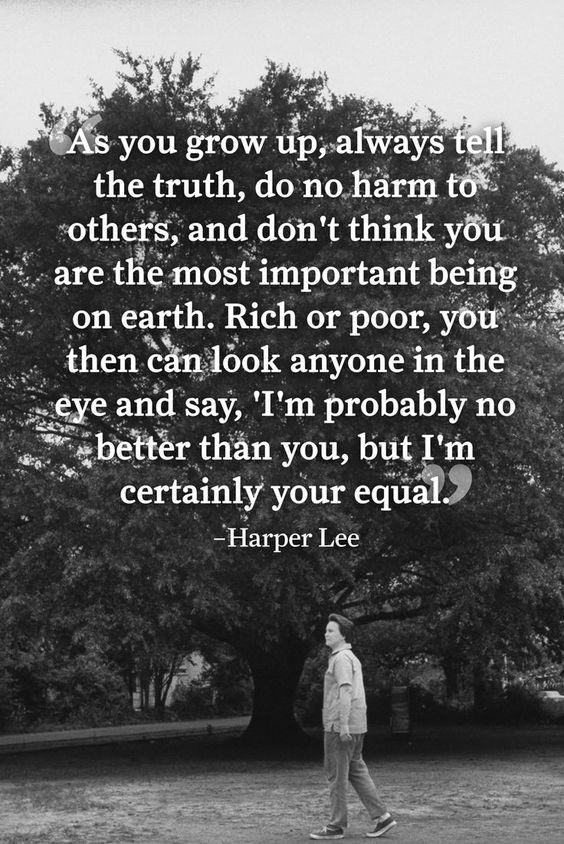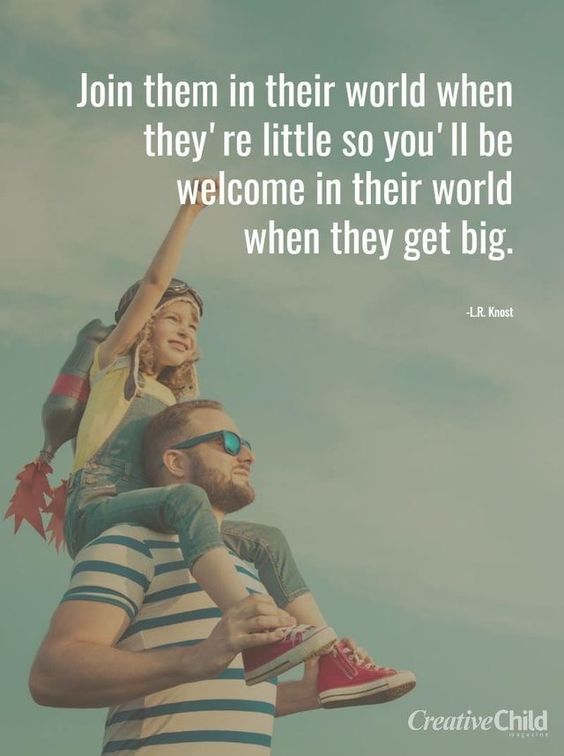“Spirituality doesn’t look like sitting down and meditating. Spirituality looks like folding the towels in a sweet way and talking kindly to the people in the family even though you’ve had a long day. People often say to me, ‘I have so many things that take up my day. I don’t have time to take up a spiritual practice.’ And the thing is, being a wise parent or a spiritual parent doesn’t take extra time. It’s enfolded into the act of parenting.”
Sylvia Boorstein, via Becoming Wise (Page 223)
“There’s a reason why, when my son who’s six is crying, he needs a hug. It’s not just that he needs my love. He needs a boundary around his experience. He needs to know that the pain is contained and can be housed and it won’t be limiting his whole being. He gets a hug and he drops into his body.”
Matthew Stanford, via Becoming Wise (Page 68)
“We like to say that we don’t get to choose our parents, that they were given by chance—yet we can truly choose whose children we’d like to be.”
Seneca, On The Brevity Of Life, via The Daily Stoic (Page 173)
“What the mother sings to the cradle goes all the way down to the coffin.”
Henry Ward Beecher, via Sunbeams (Page 111)
“Nothing has a stronger influence psychologically on their environment, and especially on their children, than the unlived life of the parents.”
Carl Jung, via Sunbeams (Page 111)
“Do not confine your children to your own learning, for they were born in another time.”
Hebrew proverb, via Sunbeams (Page 54)
“There’s a time in every kid’s life when they’re still drawing every day and playing basketball every day. Then there’s a day when they stop drawing and keep playing basketball. They keep playing basketball because their parents do, and their parents don’t draw. At some point they’re like, ‘That can’t be cool because my parents don’t do it.’ You don’t think you’re cool, but if your kid says, ‘Dad, will you play with me?’ and you say, ‘Not now, I’m drawing,’ that kid is going to start drawing because that’s cool to them.”
Mo Willems
“I don’t praise a small child for doing what they ought to be able to do. I praise them when they do something really difficult—like sharing a toy or showing patience. I also think it is important to say ‘thank you.’ When I’m slow in getting a snack for a child, or slow to help them and they have been patient, I thank them. But I wouldn’t praise a child who is playing or reading.”
Charlotte Stiglitz, via The Examined Life (Page 21)
“A low self-love in the parent desires that his child should repeat his character and fortune. I suffer whenever I see that common sight of a parent or senior imposing his opinion and way of thinking and being on a young soul to which he is totally unfit. Cannot we let people be themselves, and enjoy life in their own way? You are trying to make another you. One’s enough.”
Ralph Waldo Emerson, Sunbeams (Page 21)
“For me, motherhood came with a litmus test: Is what I’m doing important enough for me to spend time away from my baby? If the answer was no, the task went the way of the Walkman cassette recorder—phased out. I was intent on doing what was best for my child, which, by default, was best for me.”
Alicia Keys, More Myself (Page 158)
Viktor Frankl Quote on Influence and How To Nurture Greatness in Others
“Love is the only way to grasp another human being in the innermost core of his personality. No one can become fully aware of the very essence of another human being unless he loves him. By his love he is enabled to see the essential traits and features in the beloved person; and even more, he sees that which is potential in him, which is not yet actualized but yet ought to be actualized. Furthermore, by his love, the loving person enables the beloved person to actualize these potentialities. By making him aware of what he can be and of what he should become, he makes these potentialities come true.”
Viktor Frankl, Brain Pickings
Beyond the Quote (323/365)
For those who are trying to influence greatness in others I suggest this: don’t demand greatness; create the environment for greatness and let greatness flower as it may. Of course when you take the time to plant a seed, you want it to flower to its full potential—to become the greatest flower it has the potential to be. After all, you’re investing all of this time and energy into preparing its soil, watering it daily, protecting it from leaf-eating predators, and ensuring it has bountiful access to sunlight. Nobody wants to invest all of that time and energy into a seed that fails to flower to its full potential.
Read More »Viktor Frankl Quote on Influence and How To Nurture Greatness in Others“When the child is ill, take care of his body but don’t pay too much attention. It is dangerous, because if illness and your attention become associated… which is bound to happen if it is repeated again and again. Whenever the child is ill he becomes the center of the whole family: daddy comes and sits by his side and inquires about his health, and the doctor comes, and the neighbors start coming, and friends inquire, and people bring presents for him… Now he can become too much attached to all this; it can be so nourishing to his ego that he may not like to be well again. And if this happens, then it is impossible to be healthy. No medicine can help now. The person has become decisively committed to illness. And that’s what has happened to many people, the majority.”
Osho, Courage (Page 96)
“The young child is free of fear; children are born without any fear. If the society can help and support them to remain without fear, can help them to climb the trees and the mountains and swim the oceans and the rivers—if the society can help them in every possible way to become adventurers, adventurers of the unknown, and if the society can create a great inquiry instead of giving them dead beliefs—then the children will turn into great lovers, lovers of life. And that is true religion. There is no higher religion than love.”
Osho, Courage (Page 77)
“My mother was very strong about my doing well in school and living up to my potential. Two things were important to her and she repeated them endlessly. One was to ‘be a lady,’ and that meant conduct yourself civilly, don’t let emotions like anger or envy get in your way. And the other was to be independent, which was an unusual message for mothers of that time to be giving their daughters.”
Ruth Bader Ginsburg, My Own Words
Diane Dreher Quote on Micromanaging and How It May Cause More Harm Than Good
“Micromanaging erodes people’s confidence, making them overly dependent on their leaders. Well-meaning leaders inadvertently sabotage their teams by rushing to the rescue and offering too much help. A leader needs to balance assistance with wu wei, backing off long enough to let people learn from their mistakes and develop competence.”
Diane Dreher
Beyond the Quote (194/365)
In the earliest stages of a child’s development it is the responsibility of the parents to provide the most ideal nurturing environments and circumstances. Children are, essentially, completely dependent on what their parents provide. As they grow, however, so too does their ability to accept responsibility and manage their own surroundings—starting on a micro level and growing in size proportionally as they mature.
Read More »Diane Dreher Quote on Micromanaging and How It May Cause More Harm Than GoodIain Thomas Quote On Giving People A Chance and How Everyone Is Someone
“Joan of Arc came back as a little girl in Japan, and her father told her to stop listening to her imaginary friends. Elvis was born again in a small village in Sudan, he died hungry, age 9, never knowing what a guitar was. Michelangelo was drafted into the military at age 18 in Korea, he painted his face black with shoe polish and learned to kill. Jackson Pollock got told to stop making a mess, somewhere in Russia. Hemingway, to this day, writes DVD instruction manuals somewhere in China. He’s an old man on a factory line. You wouldn’t recognize him. Gandhi was born to a wealthy stockbroker in New York. He never forgave the world after his father threw himself from his office window, on the 21st floor. And everyone, somewhere, is someone, if we only give them a chance.“
Iain Thomas, I Wrote This For You
Beyond the Quote (176/365)
What do you see when you look into the eyes of another human being? Do you see a person for what they appear to be? Do you see them for who they were? Do you see them for who they could be? It depends on the person, I suppose. When I look into the eyes of another human being, I try to see someone who, when given a chance, can become somebody. Somebody who has limitless potential inside that is only but waiting to be molded and realized. Somebody who is capable of great things. Somebody who can make a real difference in their world. I see this in almost everyone. But, not everybody sees it in themselves or others.
Read More »Iain Thomas Quote On Giving People A Chance and How Everyone Is Someone27 Deep Father’s Day Quotes To Help You Gather Your Thoughts For Dad
Excerpt: Every father-child relationship is different. These Father’s Day Quotes are deep and will help you gather your thoughts for your unique dad.
Read More »27 Deep Father’s Day Quotes To Help You Gather Your Thoughts For Dad
“the thing about having
an alcoholic parent
is an alcoholic parent
does not exist
simply
an alcoholic
who could not stay sober
long enough to raise their kids”
Rupi Kaur, Milk and Honey (Page 39)


